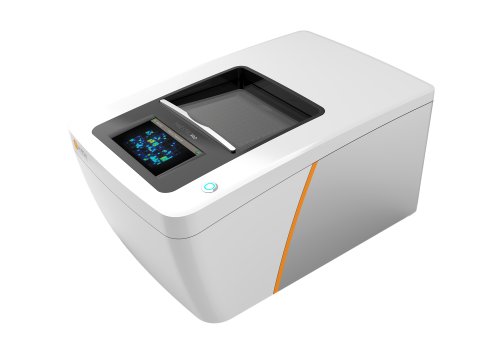Authors: Julia Kapr, Ilka Scharkin, Haribaskar Ramachandran, Philipp Westhoff, Marius Pollet, Selina Dangeleit, Gabriele Brockerhoff, Andrea Rossi, Katharina Koch, Jean Krutmann and Ellen Fritsche
Cellular and Molecular Life Sciences, 23 August 2024
Scientists use Axion’s next-generation Maestro Pro MEA system to assess 3D neural models of Cockayne Syndrome B in vitro.
Cockayne Syndrome B (CSB) is a rare inherited disorder associated with neurological symptoms such as microcephaly, intellectual disability, and demyelination, as well as a variety of other health problems. Rodent models are useful for modeling some of the peripheral phenotypes and mechanisms of CSB but are inadequate for modeling the neurological deficits. In this study, researchers generated patient-derived iPSC spheroids to model the three major neuropathological phenotypes of CSB in vitro.
To assess patient-derived neurospheres in regard to CSB phenotypes, the team used Axion BioSystems’ Maestro Pro, finding that CSB neurospheres demonstrated hyperactivity and increased synchrony, which suggests altered network formation in CSB. Together with other findings, the authors “identified in vitro phenotypes that we relate to the children’s pathophysiology and based on that propose novel treatment strategies for this devastating disease.”


